By Carole Copeland ThomasHere’s a simple definition of race.
Race represents each of the major divisions of humankind, having distinct physical characteristics or a group of people sharing the same culture, history, or language, such as an ethnic group. Historically we have looked at three races in mankind: Caucasoid the White race Negroid or the Black race and Mongoloid or the Yellow/Asian race Now I’m fully aware that the terminology is dated, and there may be other classifications used in our modern times. But typically, these are the three main groups referred to as racial groups. White, Black, and Asian. Most important to remember is race is NOT biological. It is a social construct. The political and economic realities of race were largely generated through the explorations of Christopher Columbus, other European voyagers, and the ultimate colonization of the Americas. By the 1700s, when the African slave trade overshadowed indentured servitude, race clearly took on what is now known as a social construct. To explore it further, Purdue University’s Carol Bainbridge describes it this way: A social construct is something that exists not in objective reality, but as a result of human interaction. It exists because humans agree that it exists. So the concept of race, with no biological baseline, has driven our thinking and our actions for centuries. The question we face is how far in the future, will we allow the whole concept of racial groups to direct our path of mutual interactive collaboration? I’ll leave the question for you to wrestle with until our next blog post!
0 Comments
My series continues to keep you on your toes and to start the conversation within your network on race, diversity, multiculturalism, and inclusion. Each time we’ll pose specific questions to test your knowledge and to help stretch your understanding of the importance and subtleties of how we think, act, and engage with each other culturally, ethnically and personally. So get your thinking caps out and get ready to expand your thinking one question at a time. You’ll find all of the answers below. Have a good question to pose? Send me an email at carole@mssconnect.com, and you might see it reposted in a future issue of “The Diversity Quiz Factor!” -Carole Copeland Thomas =================== Below are 5 Questions With 6 Different Responses. All Answers Are Below. Feel free to SHARE this quiz with your friends, colleagues and staff members. ==================== 1. What TWO religions may have challenges with employees working late on Friday night through Saturday evening? _____a. Islam _____b. Seventh Day Adventists _____c. Some Jewish Employees _____d. Hindus 2. How many languages are there in the world? _____a. 500 _____b. 2000 _____c. 6500+ _____d. 125 3. What is the preferred term? _____a. Black _____b. African American _____c. It depends. Both terms are acceptable 4. Who is the revered civil rights leader in the Latino community? _____a. Marco Polo _____b. Cesar Chavez _____c. Ricky Martin _____d. Celia Cruz 5. When did diversity start in the US _____a. 1935 _____b. 1865 _____c. From the very beginning America has always been a diverse country. Thank you for taking this week's Diversity Quiz! Please share it with your friends and colleagues. =========== Answers 1. b. Seventh Day Adventists c. Some Jewish Employees (such as Orthodox Jews) 2. c. 6500+ 3. It depends. Both terms are acceptable. Some will prefer the word "black." Others will want to be called "African Americans." If the opportunity presents itself, ASK the person which term they prefer. 4. b. Cesar Chavez. A courageous Mexican American who along with Delores Huerta co-founded the National Farm Workers Association in 1962. 5. c. From the very beginning, America has always been a diverse country. Remember the European explorers who came to the "Americas" found indigenous people who had populated the Americas for thousands of years. Become a Member Of The Multicultural Symposium Series Includes The November 1st ConferenceCan't attend the conference? No Problem! We'll recap the event and archive the segments at the Members Only Section of The Website!!
Multiculturalism represents the landscape of our community as human beings. It’s a bigger concept than diversity because its very meaning requires an open platform for embracing multiple cultures, ethnic groups, and ideologies within a society. Multicultural means many cultures operating in the same space. America, like other countries, is multicultural because different cultural groups maintain a meaningful co-existence within the span of 50 states. Even though there are decades of history where oppression, racism, discrimination and legislative restrictions affected one ethnic group over another, the cultural coexistence remains a vital link to our identity as Americans. Multiculturalism demands that you coexist with others. In a truly multicultural society, one cultural group does not dominate another. The abundance theory is the prevailing rule, where society’s output is big enough for all of our cultures and ethnicities to be represented in an equally respectable manner. We seem to fully embrace multiculturalism in food. Visit any mall or shopping center in any city or town and the food courts are populated with people from all walks of life. From soul food to Cajun cooking, to Chinese cuisine to Indian vegetarian dishes, a typical food court presents the best argument that cultural pluralism can yield good value to any consumer’s taste buds. On the other hand, some aspects of multiculturalism are closely guarded and tolerated only to a point. It’s fascinating to watch professionals in the workplace celebrate the worthiness of multiculturalism on the job. One would think that the level of commitment to cross cultural causes would get packed up and taken straight home to share, just like that leftover shrimp fried rice gets taken home after the party at work has ended. Instead, far too often you witness the reinforcement of cultural silos as employees head to cars, buses, and trains to take them back to their neighborhoods that are all White, all black, all Hispanic, or mostly Asian. The social conformity of our neighborhoods provides the greatest opportunity for us to break through our comfort zones, venture out, and live among other cultures. It represents one of the central frontiers of true multiculturalism. Diversity is an important byproduct of multiculturalism. It speaks to the segmentation of our societies and frames the very categories that define who we are as individuals and members of specific groups or cultural components. I define Diversity from this perspective: Diversity is understanding, appreciating and ultimately managing difference and similarities at the same time. The emphasis is on the word AND. Diversity looks at both difference AND similarities, with one not being more important than the other. That’s where most people make a mistake by focusing on either one’s difference or one’s similarities without realizing that BOTH are in operation at the same time. For example, as an African American female, when speaking at conferences and meetings, I am accustomed to being “the only one,” that is, the only person of color either attending the meeting or speaking at the meeting. To focus on my difference from the rest of the conference attendees is only embracing half the experience. The other half recognizes that there are personal values, educational experiences, regional interests and industry issues that I share as similar points of intersection with those attending the same meeting. To just focus on my ethnic difference cancels out the rich value of those similarities of which I share in common with others. Okay, let me explain it another way. Some years ago I traveled to Kenya for the first time. It was the trip of a lifetime for me. The minute I stepped off that airplane, pulled out my American passport and presented it to the customs officer at the Nairobi, Kenya Airport, my differences AND similarities were on full display with every other American on that plane. Some of the passengers had black skin like mine. My travel mates (now called the Kenya Sistahs) were also African American females. Some of the passengers were white Americans. Others were Hispanics while other were Asian Americans. There were Europeans, Asians, and Africans on the plane, too. So the differences were on full display from ethnicity, gender, and socioeconomic class. However, the similarities also represented this collection of travelers. I held an American passport, as did many others on the plane. And meeting other Americans on that maiden voyage trip to mother Africa was so very exciting, since we were all thousands of miles away from home, and it was comforting to connect with other ex-patriots from the States. In diversity work, the similarities are as important as the differences. Similarities are on equal footing with differences. That is so important to remember since there is an incorrect assumption that diversity is polarizing because it only focuses on differences at the expense of similarities. You see it in families all the time. Brothers and sisters with the same biological parents, yet their values and opinions are as different as night and day. I see it in my own adult daughters, Michelle and Lorna. Their political, spiritual and economic opinions are very similar. However, their work habits, approach to preparation and personalities completely different. The same is true for extended families, members of associations and corporate colleagues. Differences should be valued with the same level of importance as similarities. They represent a different slice of the diversity equation. Take advantage of the countless situations that can frame your multicultural and diversity points of reference. It can become a lifelong opportunity for you to enhance your knowledge base while building cross-cultural relationships that can have a positive impact on your life. ====================== Carole Copeland Thomas, MBA, CDMP, CITM is a Boston based speaker and consultant focusing on global diversity, multiculturalism, and inclusion. She has been featured in the New York Times, Boston Globe, WGBH Radio, Black Enterprise Magazine, and CBS-TV.
Focus On Empowerment can be heard every Thursday at 1pm Eastern.
Log Onto: www.blogtalkradio.com/globalcarole Listen LIVE or Download Anytime At This Blog Post. Each broadcast can be replayed immediately following the show. ===================================================================== With the emphasis on diversity, multiculturalism, and inclusion largely resting on the shoulders of people of color and women, what is the role of D&I for white men? Are they the villains in the quest to standardize equality and fairness, or is there a strategic role they must play for justice and equity to permeate the American landscape? There certainly are enough high profile cases that complicate this universal goal, and fringe right-wing hate groups that continue to muddy the waters. However, white men play a central role in identifying opportunities to improve our society by bringing respect and dignity to all people regardless of their race, ethnicity, gender or sexual orientation. Today’s guest, Robert Principe knows the challenges we face and what’s needed to recruit more white men as allies in the D&I arena. He’s a veteran diversity practitioner and will walk us through the steps necessary to align white men with diversity and inclusion in a way that is helpful, encouraging and proactive.
Focus On Empowerment can be heard every Thursday at 1pm Eastern.
Log Onto: www.blogtalkradio.com/globalcarole Listen LIVE or Download Anytime At This Blog Post. Each broadcast can be replayed immediately following the show. ======================== We’re in the middle of graduation season with cars zipping down streets, motorcycles rambling through busy highways and pedestrians dashing off to work at record speed. To a young person who has just graduated from high school or college, the excitement of finishing school may cause them to throw caution to the wind. And when that occurs, accidents or worse could happen. During today’s show, we’ll share tips and techniques to help remind young people to stay safe while having fun. We’ll walk you through the FREE Student Safety Guide and highlight why this document could save your life. We’ll also give you 5 great reasons why hiring a coach may be the right decision to propel your career or business to the next level. And we’ll discuss the preliminary findings of the "Diversity at Work" survey I recently launched.
Periodically I need to check in with you, my very special subscribers, to do a "temperature check" on the realities of diversity in the workplace. I have created a quick 10 question survey that should take you no more than TEN minutes to complete.
Here's the link: http://bit.ly/2siDdBY The survey is completely ANONYMOUS, and your truthfulness and honesty will help to keep the tabulations authentic and credible. Some of the questions are required to answer. Some you may skip if you choose. The survey results will be announced in mid-June. I thank you in advance of participating in this important survey process. Please feel free to share this link with our friends and colleagues. We ask that you complete the survey by Tuesday, June 6, 2017. Thank you for your valuable insights. --Carole Copeland Thomas
Focus On Empowerment can be heard every Thursday at 1pm Eastern.
Log Onto: www.blogtalkradio.com/globalcarole Listen LIVE or Download Anytime At This Blog Post. Each broadcast can be replayed immediately following the show. ======================== It’s taken several generations for America to resolve some of its complex and interconnected racial scars of the past. And even though our twice-elected black president is set to leave the White House next week, a new set of challenges remain.What will the racial climate look like with our new president? And what will it take to finally acknowledge that there’s still much work to be done in the days ahead? Joining us today is Dr. Gail. C. Christopher, visionary founder of the National Day of Racial Healing, sponsored by the Kellogg Foundation. She will detail the origins of the day and how it will kick off on January 17, 2017. The Truth, Racial Healing, and Transformation (TRHT) enterprise created by W. K. Kellogg Foundation and a broad coalition of organizations from all sectors of society is working to end the belief and facilitate racial healing. TRHT is a community-driven vehicle for transformative change. The TRHT approach examines how the belief system became embedded in our society, both its culture, and structures, and then works with communities to design and implement effective actions that will permanently uproot it. We are marshaling individual, local, public and private resources to dismantle systemic, structurally-based patterns of discrimination at the municipal, county, state, Tribal and federal levels. At a recent summit, 570 people representing the 130 TRHT partner organizations issued a call to action to designate January 17, 2017, as the inaugural National Day of Racial Healing in America. I have written an article to accompany this important day of healing. It can be found at http://bit.ly/2jx9ml3 For more information visit: http://www.dayofracialhealing.com 9/15/2016 What’s Training, Talent and Talking Got To Do With It? Diversity and Multiculturalism In Today’s SocietyRead Now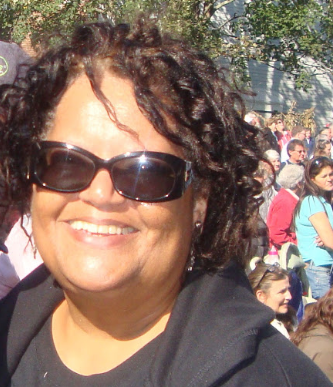 Educator and Activist Nancy Thompson Educator and Activist Nancy Thompson
Focus On Empowerment can be heard every Thursday at 1pm Eastern.
Log Onto: www.blogtalkradio.com/globalcarole Listen LIVE or Download Anytime At This Blog Post. Each broadcast can be replayed immediately following the show. ======================== What should have been topics long ago off the table are more important than ever. Front and center in our current presidential campaign are diversity and multicultural issues. In our corporate boardrooms: diversity and multicultural issues. In our classrooms and teacher lounges: diversity and multicultural issues. In our work cubicles, office spaces, field sites, labs, departmental divisions, police stations and executive suites: diversity and multiculturalism. They are the topics that thread us together for better or worse, richer or poorer, in sickness and in health. Diversity and multiculturalism are who we are and how we connect. We just need to find better opportunities to bridge the gap between enhancing our educational awareness of each other to yield better and more effective cooperative collaborations. We’ll explore these twin topics during today’s program in our conversation with educator and community advocate Nancy Thompson. She’ll talk about an upcoming Community/Police Forum that will cover everything from racial profiling to drugs in our street. Then I will walk you about three new events my company is producing to help drive the conversations forward: The November 3rd Multicultural Conference and our upcoming public trips to India and Cuba. Topics that should pique your interest. Topics that should expand your thoughts and actions in relevant and amazing new ways. ====================== CLICK HERE TO FIND OUT MORE ABOUT THE NOV 3rd MULTICULTURAL CONFERENCE CLICK HERE TO FIND OUT MORE ABOUT OUR TRIPS TO INDIA AND CUBA The American landscape is changing so rapidly that it’s often difficult to keep up with how diverse we have become. Those changes can be disturbing to some, while others embrace similarities and differences with more awareness and understanding.
Today we discuss these important issues with veteran diversity professional Simma Lieberman. A Berkeley based Jewish advocate who is also gay, Simma will help us understand how fear and lack of awareness are the biggest enemies to social change in our country. Learn why diversity still matters in our nation and why the LGBTQ community is an important segment of our country and our world. ============================================ About Simma Lieberman Simma Lieberman is internationally known as “The Inclusionist,” because she creates inclusive workplaces where employees love to do their best work, and customers love to do business. Her passion for diversity and its possibilities began in 1963 when she went on the March On Washington. In 1963. She wishes she could say that it was because of hearing Martin Luther King give his “I Have A Dream” speech, but she was too young to remember it. However, she has always remembered what it felt like to be amongst 250,000 people for the first time of all colors, cultures, and ages, rallying and marching together for change. Later on, she began working with a multi-cultural organization in New York City, where she was trained to facilitate dialogues with diverse racial and ethnic groups, in order to reduce tension, and create effective working relationships. Her first culture shock was when she moved from the Bronx to Eugene, Oregon, where she was a member of a multicultural global theater group. Today, Simma works with leaders of organizations who understand that while training in areas of diversity and inclusion is important, sustainable change only occurs when diversity and inclusion are integrated into the business strategy, and are part of the organization’s cultural DNA. She strongly believes that implementing good diversity management and developing cultural intelligence are necessary for organizations to stay relevant and competitive in tomorrow’s markets. Her unique ability to view organizations through an inclusion lens also enables Simma to help leaders in organizations uncover employee genius, and leverage their diverse talents and skills at any level. She has worked with a wide range of organizations that include: Applied Materials, Gulfstream, America Empresarial, Intel, Diageo, Kimpton Hotels, VSP, Boeing, Pillsbury Bakeries and Foodservices, McDonalds, Women’s Foodservice Forum, Oracle, Kaiser Permanente, UC Berkeley, and the US Dept. of Transportation. Simma is a member of two diversity think tanks, a former co-chair of the San Francisco Regional Chapter of Out and Equal, and former board member of the Northern California Chapter of the National Speakers Association. She is the president of the Northern California Chapter of Society for the Advancement of Consulting, and an inductee to the Million Dollar Consultant Hall of Fame. Publications that have featured her articles and ideas include The Wall Street Journal, NY Times, Fast Company, The Economist, Forbes, Black MBA, Restaurant Hospitality Magazine, Insight Into Diversity, Working Mother, Cosmopolitan UK, Human Resource Executive, CEO Refresher and CNN. She is the co-author with George Simons and Kate Berardo, of Putting Diversity to Work, how to successfully lead a diverse workforce, the co-author of The Diversity Calling, Building Diverse Communities One Story at a Time and the author of 110 Ways to Champion Diversity and Build Inclusion and Stress Management for the Motivated, A Workbook For You. Contact Simma at Simma@Simmalieberman.com or 510-527-0700
Focus On Empowerment can be heard every Thursday at 1pm Eastern.
Log Onto: www.blogtalkradio.com/globalcarole Listen LIVE or Download Anytime At This Blog Post. Each broadcast can be replayed immediately following the show. ======================== It’s powerful, gripping and moving. It will bring tears to your eyes, while driving you to celebrate through the pain. That sums up my thoughts about this week’s television miniseries “Roots” on the History Channel. For some it’s an unnecessary reminder of our past. For others it’s a troubling account of the strength and resilience of Black people who endured and survived the brutality of American slavery. On today’s show we’ll unpack the wide range of emotions with my special guest, clinical psychologist Dr. Lynda Morris Parham. She’ll help us examine why this miniseries is impossible for some to watch…while helping others to understand why race is still a thorny issue in this country. I vividly remember getting my young family squared away at bedtime before watching every installment of Roots back in 1977. Now some 40 years later I’ve rearranged my own personal schedule to watch this newer version that’s equally as powerful and painful at the same time. Join our conversation of our past, our present and our future through the Roots of our ancestor’s legacy. ============================ Watch Carole Copeland Thomas participate on a LIVE video stream show on Friday June 3, 2016 at 7pm EDT. Here's the link: https://blab.im/gail-turner-brown-roots-recap-review-who-watched-what-did-you-learn-what-s-next-afjgcq ============================ About Roots On The History Channel HISTORY® premieres "Roots" on Memorial Day 2016, airing over four consecutive nights at 9 p.m. beginning Monday, May 30, it was announced today by Paul Buccieri, President of A&E and HISTORY. The four-night, eight-hour event series developed by HISTORY, from A+E Studios, is a historical portrait of American slavery recounting the journey of one family and their will to survive and ultimately carry on their legacy despite hardship. The stellar cast includes Academy Award® winners Forest Whitaker ("Fiddler") and Anna Paquin ("Nancy Holt"); Academy Award® nominee and Emmy Award® winner Laurence Fishburne ("Alex Haley"); Golden Globe Award® winning and Emmy Award® nominated actor Jonathan Rhys Meyers ("Tom Lea"); Tony Award® winner Anika Noni Rose ("Kizzy"); Grammy Award® winner Tip "T.I." Harris ("Cyrus"); Chad L. Coleman ("Mingo"); Emayatzy Corinealdi ("Belle"); Matthew Goode ("Dr. William Waller"); Derek Luke ("Silla Ba Dibba"); Mekhi Phifer ("Jerusalem"); James Purefoy ("John Waller"); Erica Tazel ("Matilda") and introduces Regé-Jean Page ("Chicken George") and Malachi Kirby ("Kunta Kinte"). "'Roots' will allow new audiences to experience this epic family saga with a new vision that is both inspiring and tremendously entertaining," said Buccieri. "We are proud that HISTORY will be able to bring new life to this powerful story that remains as important today as it did when the original 'Roots' first premiered." For More Information Visit: http://roots.history.com |
Details
Categories
All
The Multicultural Symposium Series Webinar Series features current topics designed to enhance personal development both on and off the job. All you need is a computer and a phone to join each webinar. Open to Members of the Multicultural Symposium Series.
Visit www.mssconnect.com for complete information.' Want to learn what it's like to own your own business? Or how to expand your business? Pick up a copy of Carole's book today!
Click On The Cover Below... How can YOU practice diversity and multiculturalism where YOU live?? Read Carole's book and find out how to make it happen!!
Click On The Book Cover Below... AuthorCarole Copeland Thomas is a 27 year speaker, trainer and consultant specializing in global diversity, empowerment, multiculturalism and leadership issues. Archives
August 2023
|
- HOME
- Hire Carole To Grow Your Organization
- VIP Day
-
Topics and Programs
- World Trade Day Presentation
- High Stakes Sexual Harassment
- Diversity & Dollars
- Diversity Best Practices
- Meeting Planners >
- Global Diversity/Multiculturalism >
- Empowerment
- Leadership
- 2019 Diversity Awareness Month
- Multicultural Sympoisum Series
- Multigenerations In The Workplace
- Roosevelt Thomas Tribute
-
Photo Gallery
- Liberty Utilities 2019
- INFLUENCE 19 NSA
- Black NSA Influence 19
-
Faith Based Initiatives
>
- NEAC 2023
- Allen AME Providence Lay Luncheon
- 2019 Photos New England Annual Conference
- 2019 Videos New England Annual Conference
- 2018 Bethel WMS Christmas Service Project
- 2016 New England Annual Conference
- 2014 Bethel AME Boston Ministry Fair
- 2014 New England Annual Conference
- WMS-NGO
- 2012 AME General Conference
- American Girl Dolls On Parade
- NSA New England 2017-2018
- GBCVB Multicultural Meet & Greet
- May Institute-Blue Cross Blue Shield Photo Gallery
- St Paul AME 100th Anniversary
- Joni's 80th Birthday Weekend
- Boston March Against Hate Photos
- Boston March Against Hate Videos
- NSA Influence 17
- Black NSA Influence 17
- NEHRA D&I Gala
- Bethel 2016 Photo Album
- May Institute Race Forum
- Park School PE
- NSA Central Florida
- Dorchester Bay EDC
- 2016 AME General Conference >
- N'Namdi Art Center-Detroit
- Family Gatherings >
- About Carole & Carole's Blog
- Books
- Video, Radio, More...
- Contact Us
- World Travels
- Store/Articles/Events
- Carole's Coaching Academy
- Product
- Retreats
- JUNETEENTH SPECIAL OFFER
- Understanding Black Culture
- Guidebook Special Offer
- Zoom Tutorials 2021
- Indigenous Italian Resources
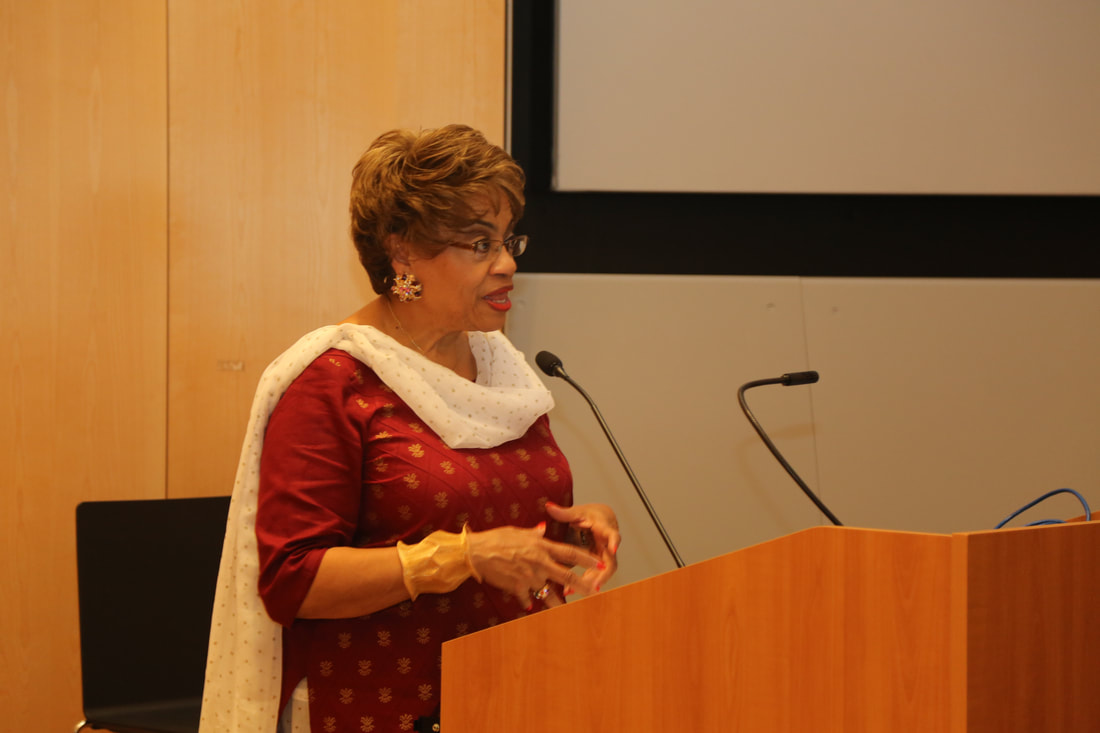
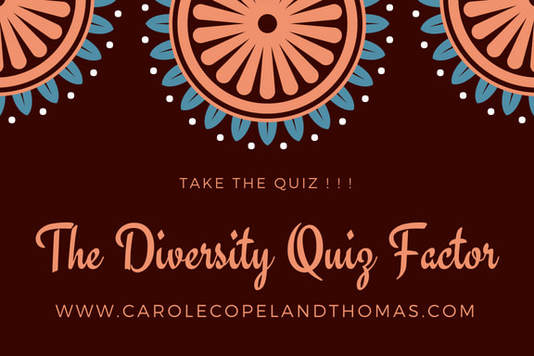
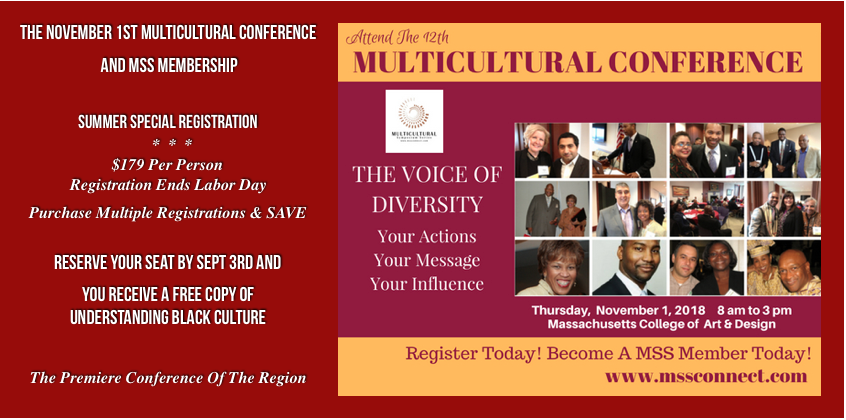
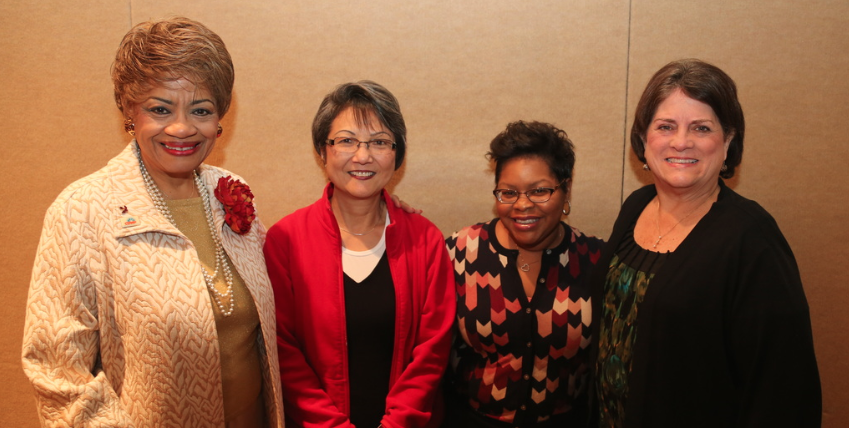
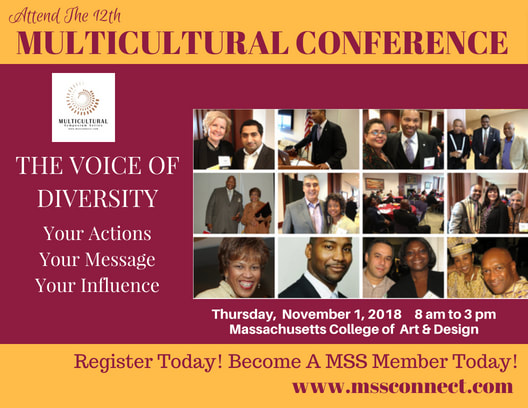
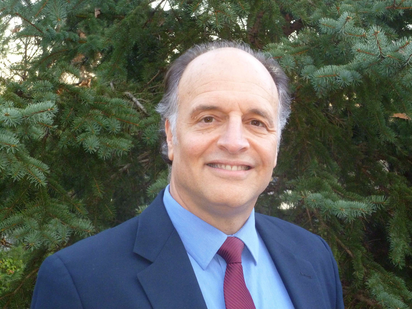
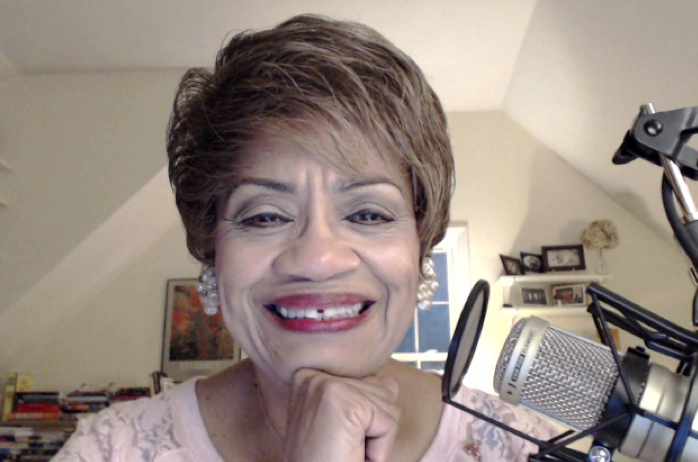

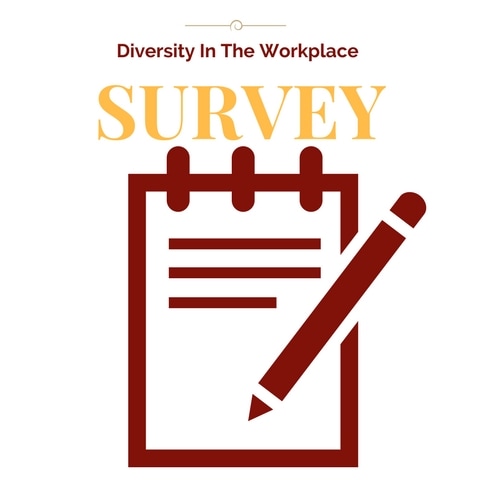
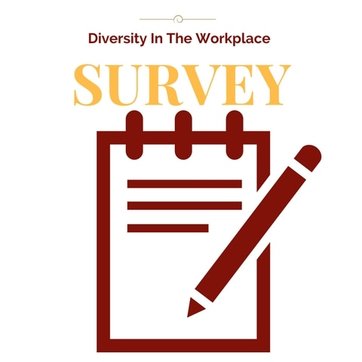
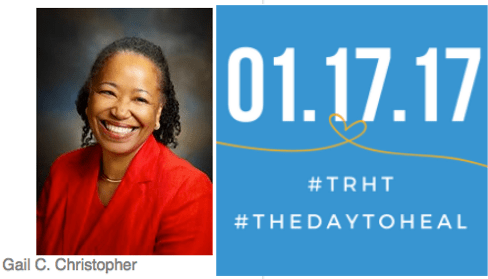
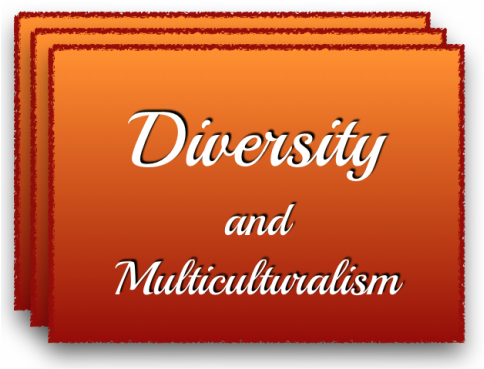
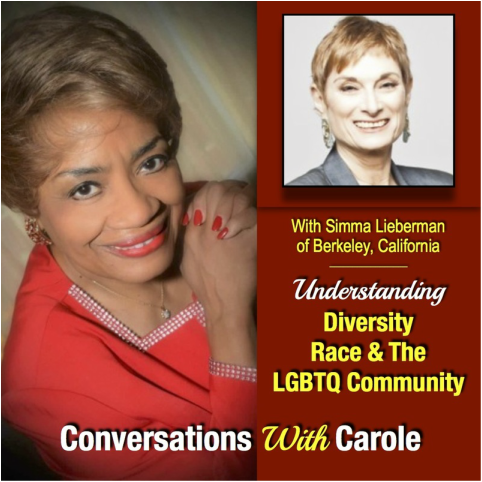
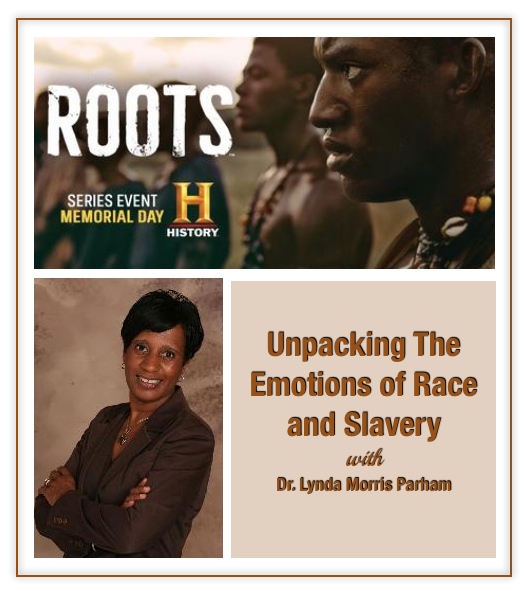
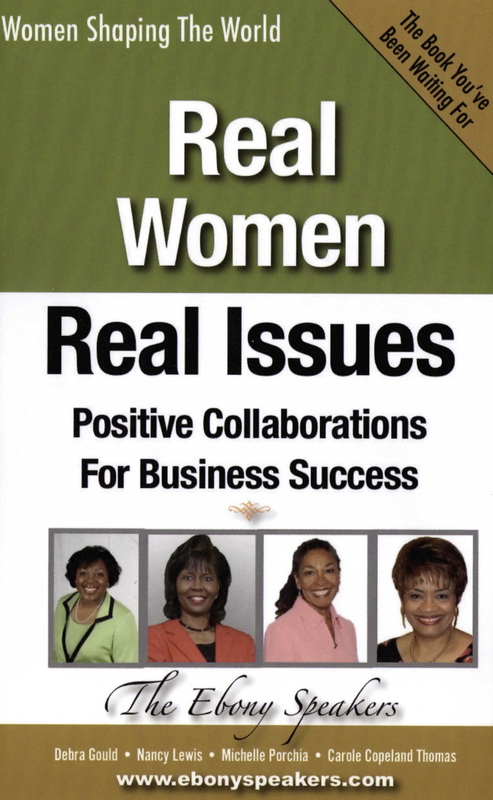
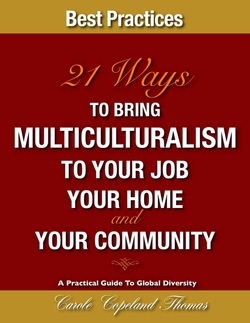
 RSS Feed
RSS Feed


